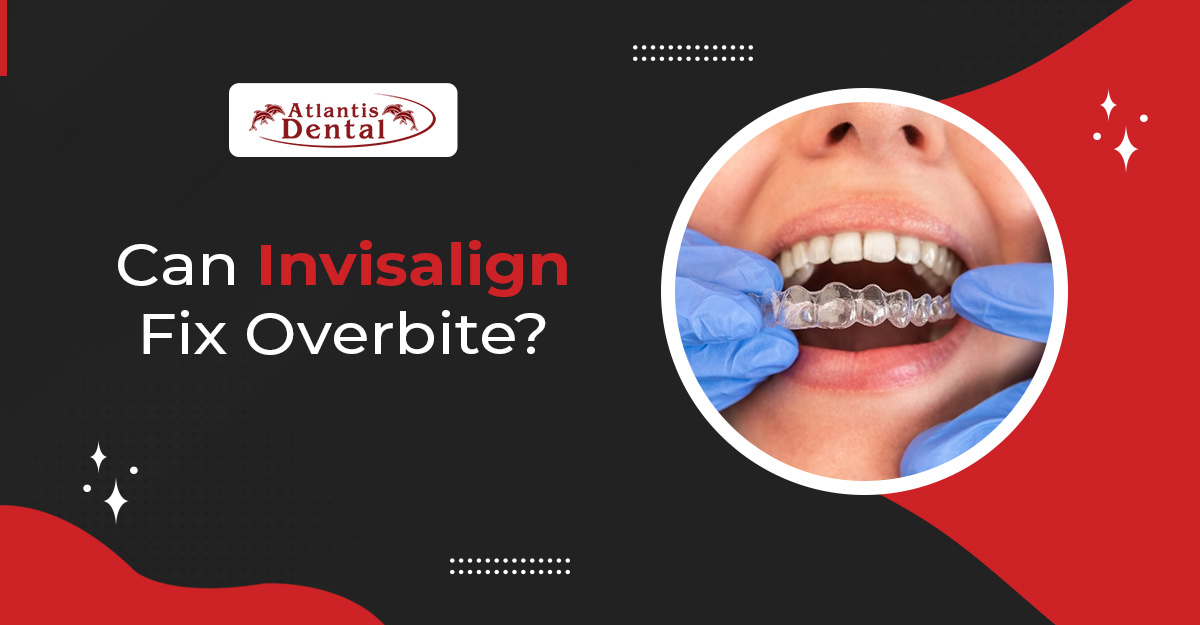Overbite, a common dental issue, occurs when the upper teeth protrude beyond the lower teeth. This misalignment can lead to various complications, including jaw pain, difficulty chewing, and increased risk of gum disease. While traditional metal braces have long been the standard treatment for overbite correction, Invisalign has emerged as a popular alternative, offering a more discreet and comfortable approach.
Understanding Overbite
Overbite is classified based on the severity of the misalignment. A slight overbite, where the upper teeth overlap the lower teeth by a small amount, is considered mild and may not require treatment. However, moderate to severe overbites can cause functional and aesthetic concerns and often warrant orthodontic correction.
Traditional Braces vs. Invisalign for Overbite Treatment
Traditional metal braces have been the mainstay of overbite correction for decades. They work by applying controlled pressure to the teeth, gradually moving them into the desired position. However, braces can be uncomfortable, visible, and interfere with daily activities.
Invisalign, on the other hand, utilizes a series of clear, custom-made aligners to gradually reposition the teeth. These aligners are virtually invisible, making them a more aesthetically pleasing option. Additionally, they are removable, allowing for easier cleaning and less interference with daily activities.
Factors Affecting Invisalign’s Effectiveness
The effectiveness of Invisalign in treating overbite depends on several factors, including:
- Severity of the overbite: Invisalign is most effective for treating mild to moderate overbites. Severe overbites may require additional treatment modalities, such as jaw surgery.
- Patient compliance: Patients must wear their aligners as instructed for the prescribed number of hours each day to achieve optimal results. Non-compliance can prolong treatment and affect the outcome.
- Orthodontist’s expertise: The skill and experience of the orthodontist play a crucial role in treatment planning and aligner design. A skilled orthodontist can optimize the treatment plan to ensure successful overbite correction.
Benefits of Invisalign for Overbite Treatment
Invisalign offers several advantages over traditional braces for overbite treatment, including:
- Discreetness: The clear aligners are virtually invisible, making them a more aesthetically pleasing option for patients who are self-conscious about their appearance.
- Comfort: Invisalign aligners are smooth and comfortable to wear, eliminating the discomfort associated with metal braces.
- Removable aligners: The aligners can be removed for eating, brushing, and flossing, promoting better oral hygiene practices.
- Less interference with daily activities: Invisalign allows for easier participation in sports, social activities, and other daily activities without the restrictions of traditional braces.
Is Invisalign Right for You?
Whether Invisalign is the right treatment option for your overbite depends on your individual circumstances and the severity of your overbite. Consult with an experienced orthodontist to discuss your treatment options and determine if Invisalign is a suitable choice for you.
Conclusion
Invisalign has emerged as a viable and effective treatment option for overbite correction, offering a discreet, comfortable, and convenient alternative to traditional braces. If you are considering Invisalign for your overbite treatment, consult with an experienced orthodontist to assess your suitability for this method and discuss your treatment plan.


